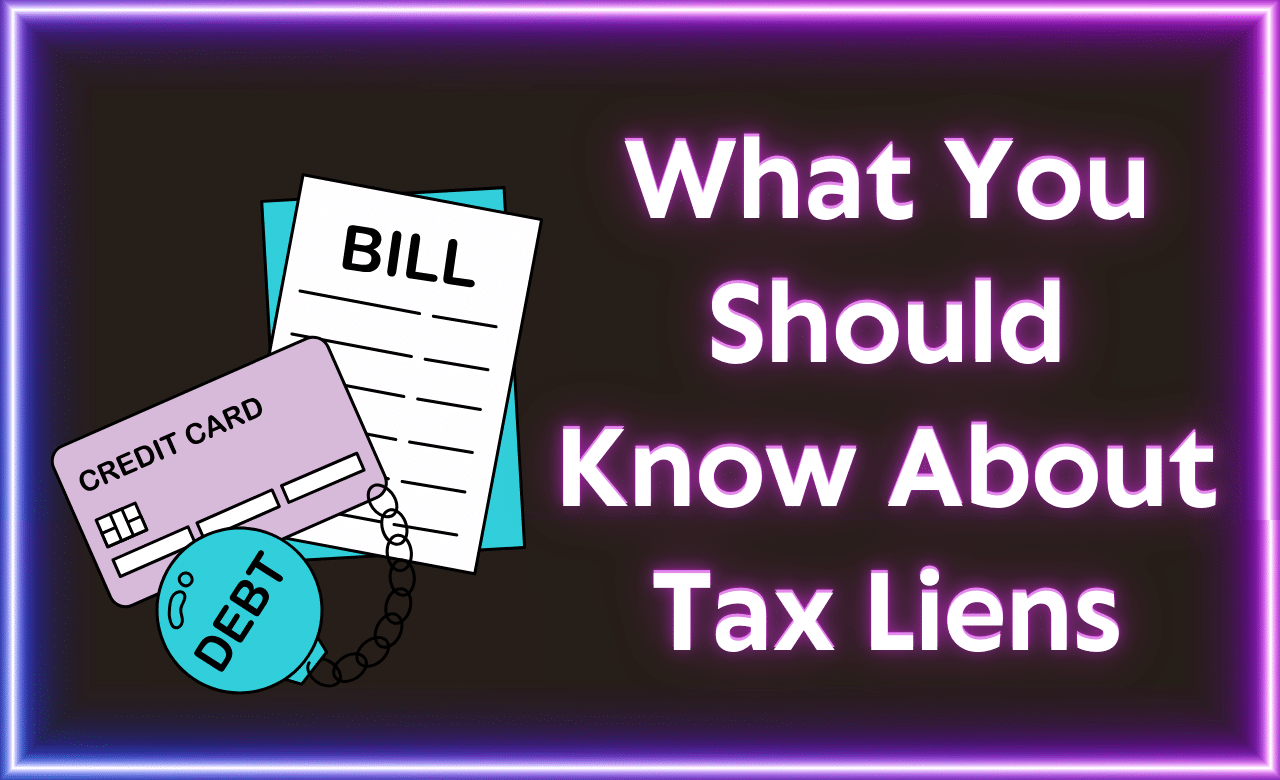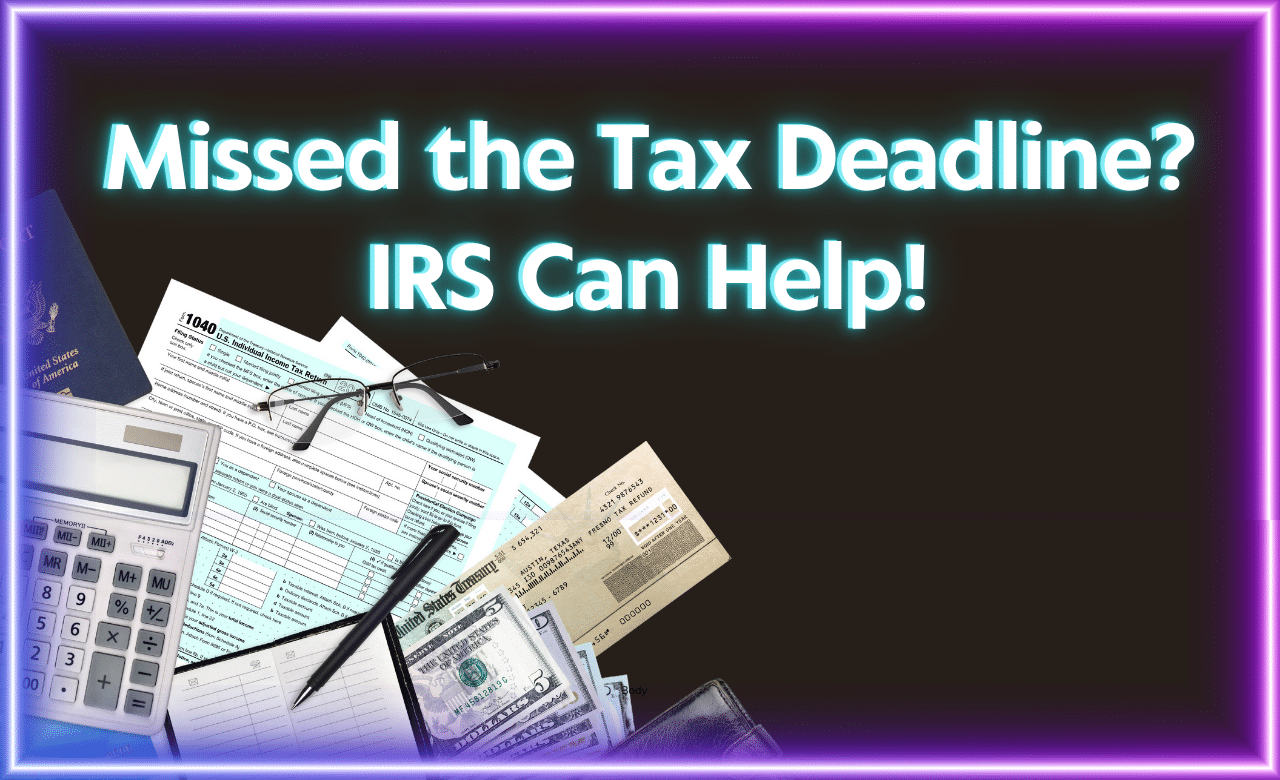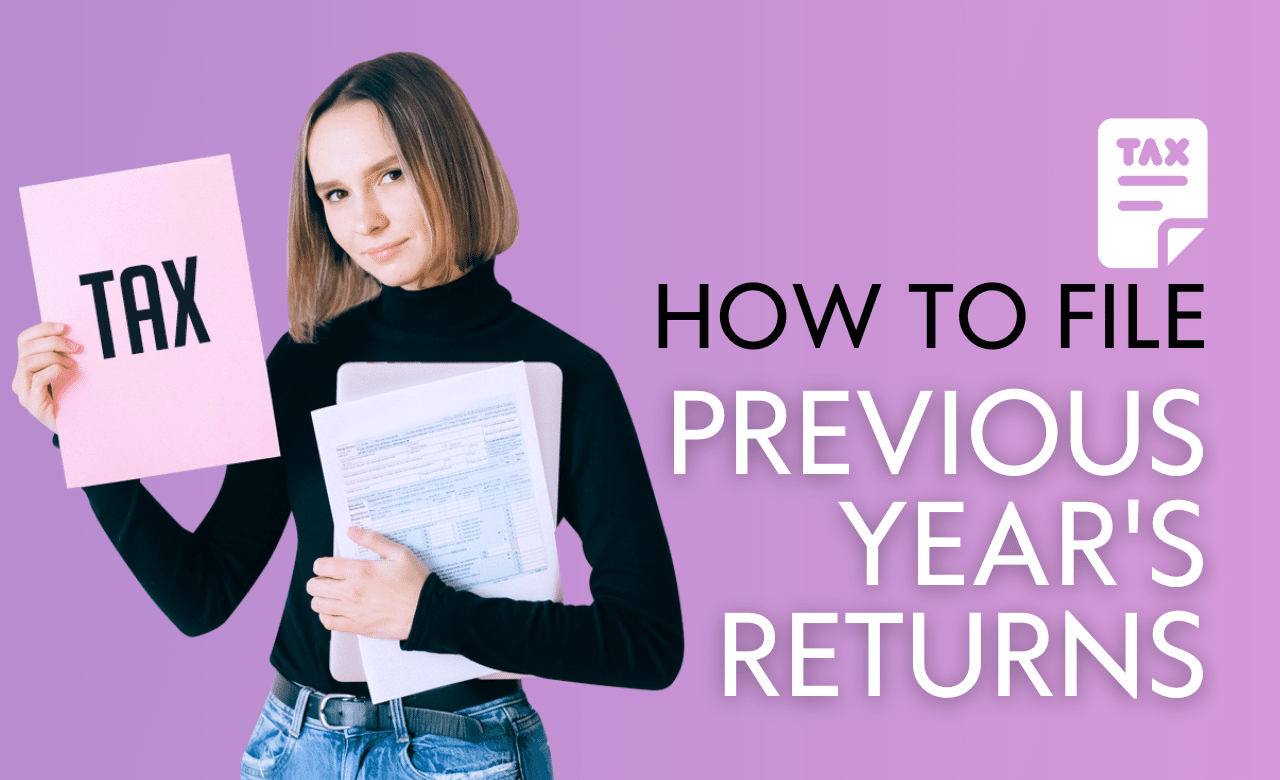Tax penalties are incurred for late filing, late payment, or incorrect filing of tax forms. The revenue authorities have the authority to level fines to encourage compliance with the system of voluntary reporting. Often, if the problems are accidental and not systemic, these fines can be waived, but it is at the discretion of the government official. The ability to waive the tax penalties is one of the negotiating tools available to government officials trying to collect taxes due.
Tax penalties and interest, are the bane of the tax preparer, and the most painful thing to tax filers. These related things are when the government charges you interest for being underpaid, or a penalty rate for non-compliance. The penalties can sometimes be lifted as part of a compliance process, but interest is usually fixed. Ironically, the government is often able to avoid paying you interest, but demands it pretty quickly.
For a failure to file an extension on time, your tax penalties will start from the momember of the original due date. If you file your extension, you will generally avoid tax penalties if you file by the extended date. Depending on the government agency, the penalties and interest may date back to the original filing date or the extended date.
The best way to limit your tax penalties and interest is to keep good solid records and file your tax forms on a timely basis. We encourage our tax clients to choose the appropriate one of our monthly packages, to allow us to focus on IRS compliance and they focus on their business.














